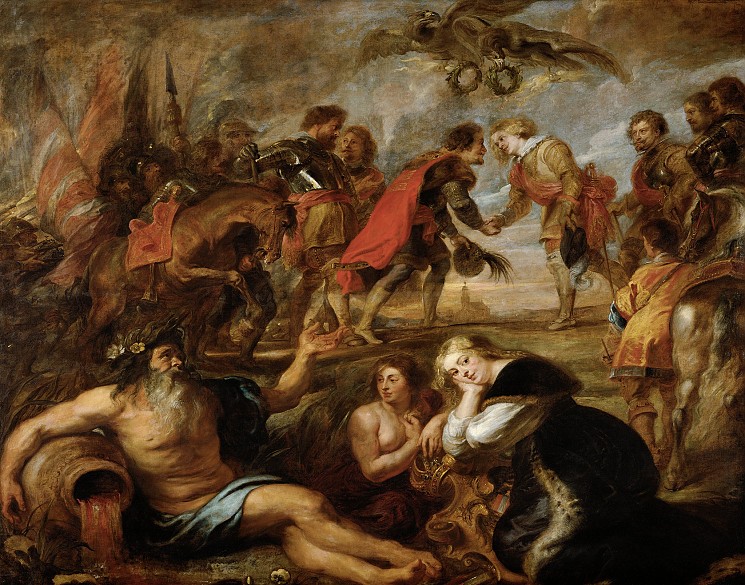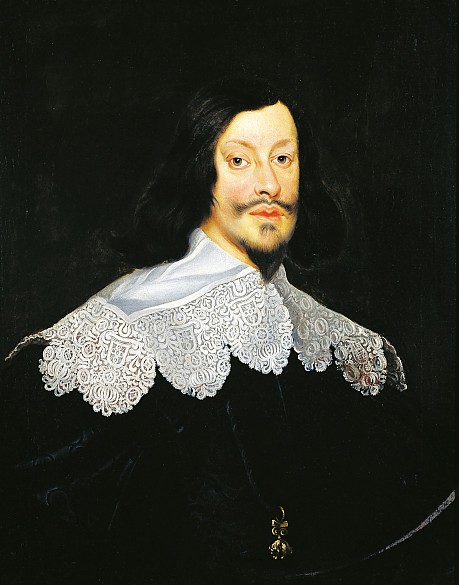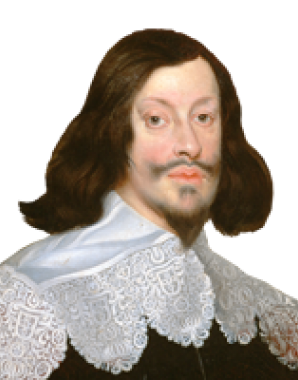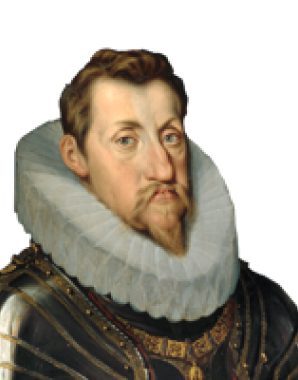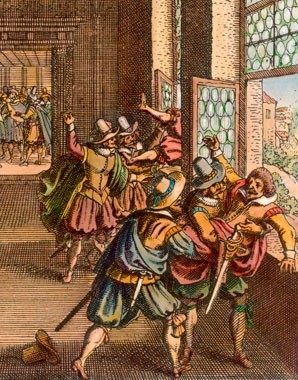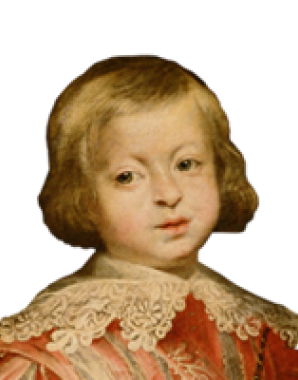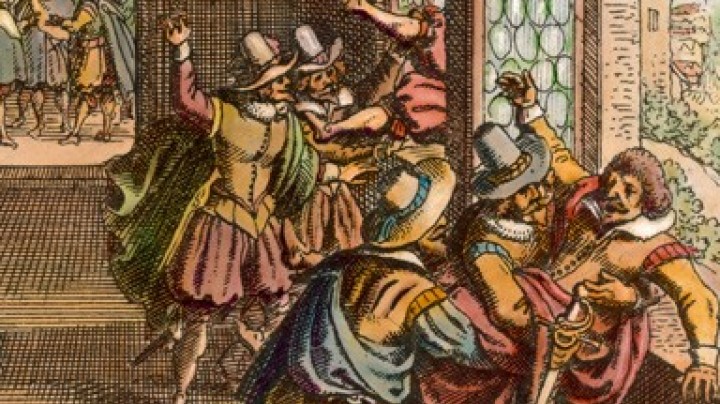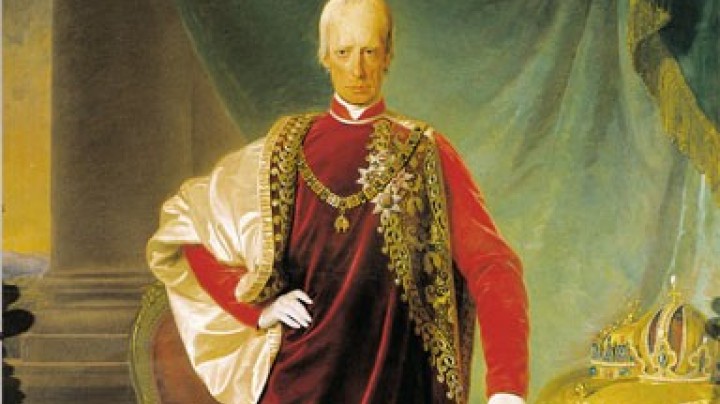Another Ferdinand: Ferdinand III
Ferdinand III is one of the lesser-known Habsburg emperors. He succeeded his father in the middle of the Thirty Years’ War.
Archduke Leopold Wilhelm on his art-loving brother Emperor Ferdinand IIIHe rested his sceptre on lyre and sword.
History has generally seen Emperor Ferdinand III as little more than an extension of his father Ferdinand II, whom he succeeded in 1637. However, even before his accession he had borne military responsibility: after the death of Wallenstein in 1634 he was entrusted with supreme command of the Habsburg army. In the same year, together with his Spanish cousin, also a Ferdinand, he defeated the Swedes and their Protestant allies at the Battle of Nördlingen. The painting by Rubens gives a vivid impression of the close co-operation between the Austrian and Spanish Habsburgs during the Thirty Years’ War: the house of Austria was regarded as a single body entrusted by God with the task of defending the Catholic Church against those outside the fold.
Ferdinand’s principal interest apart from military matters was music – he was the first Emperor to compose. When he came to power the Thirty Years’ War had developed into a conflict of the most horrifying size and kind. The lines of conflict were no longer perceptible and the populace suffered terribly from the unrestrained violence and pillaging of the mercenary armies. There were no longer any decisive battles. Although Ferdinand III sought a peace, it was only after a hard decade of negotiation that the war was finally brought to an end with the Peace of Westphalia on 24 October 1648. The Habsburgs had failed to achieve their goal of imposing Absolutism on the Holy Roman Empire. Although the Empire still remained important for them, from this point onwards they increasingly turned their attention to the south-east.
Although Emperor Ferdinand’s standing in the Empire was now weakened, he still endeavoured to push through certain reforms. At the Imperial Diet (Reichstag) of 1653/54 at Regensburg his son was elected Roman-German King as Ferdinand IV, but died of smallpox shortly after at the age of 21. In 1657, Ferdinand III himself died and was succeeded by a younger son, Leopold I. The Imperial Diet at Regensburg was to be the last one at which the princes of the Empire assembled in person as they had at irregular intervals done for so long. From 1663 a permanent Diet at Regensburg (the ‘immerwährender Reichstag’) was attended by representatives of the various principalities.
